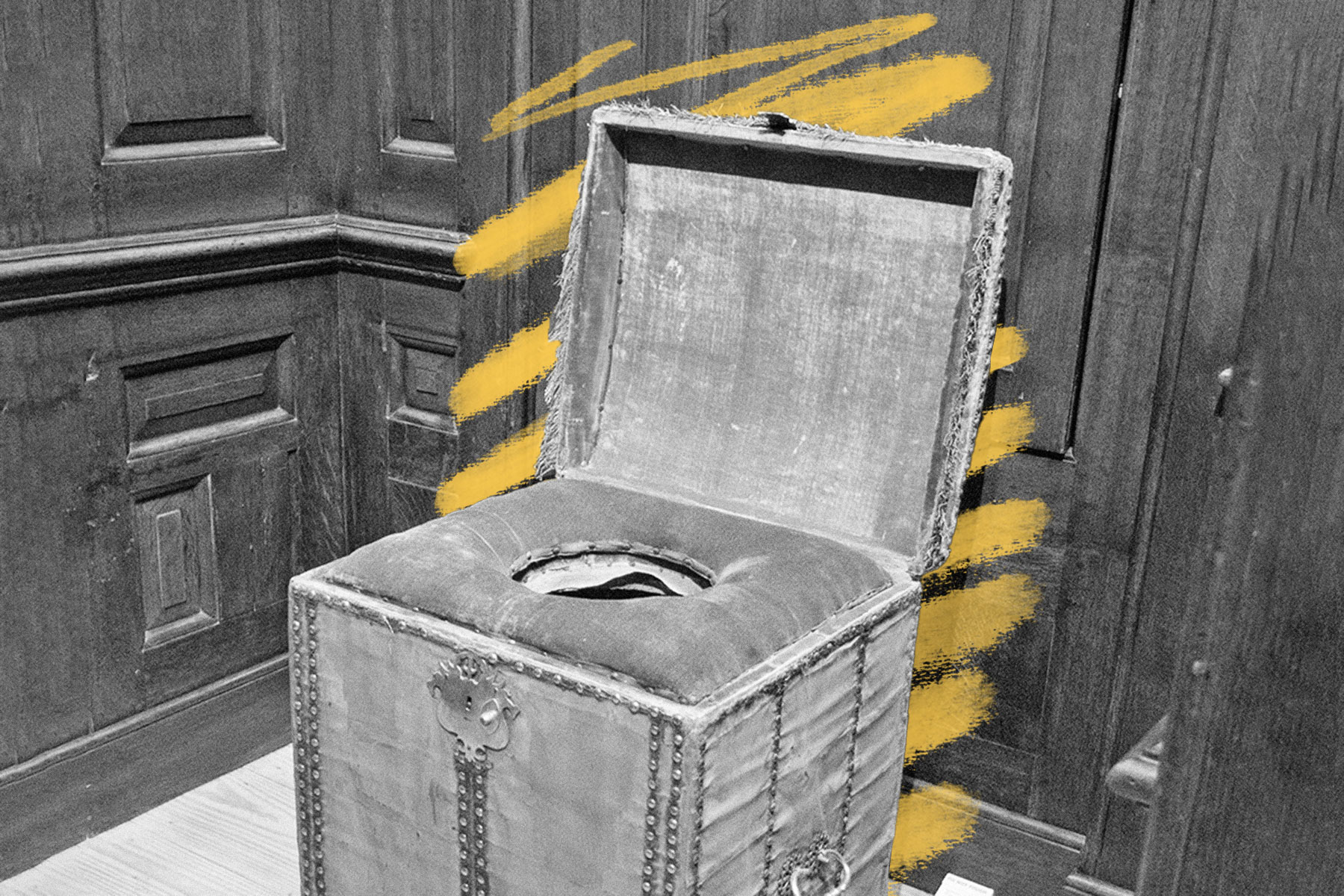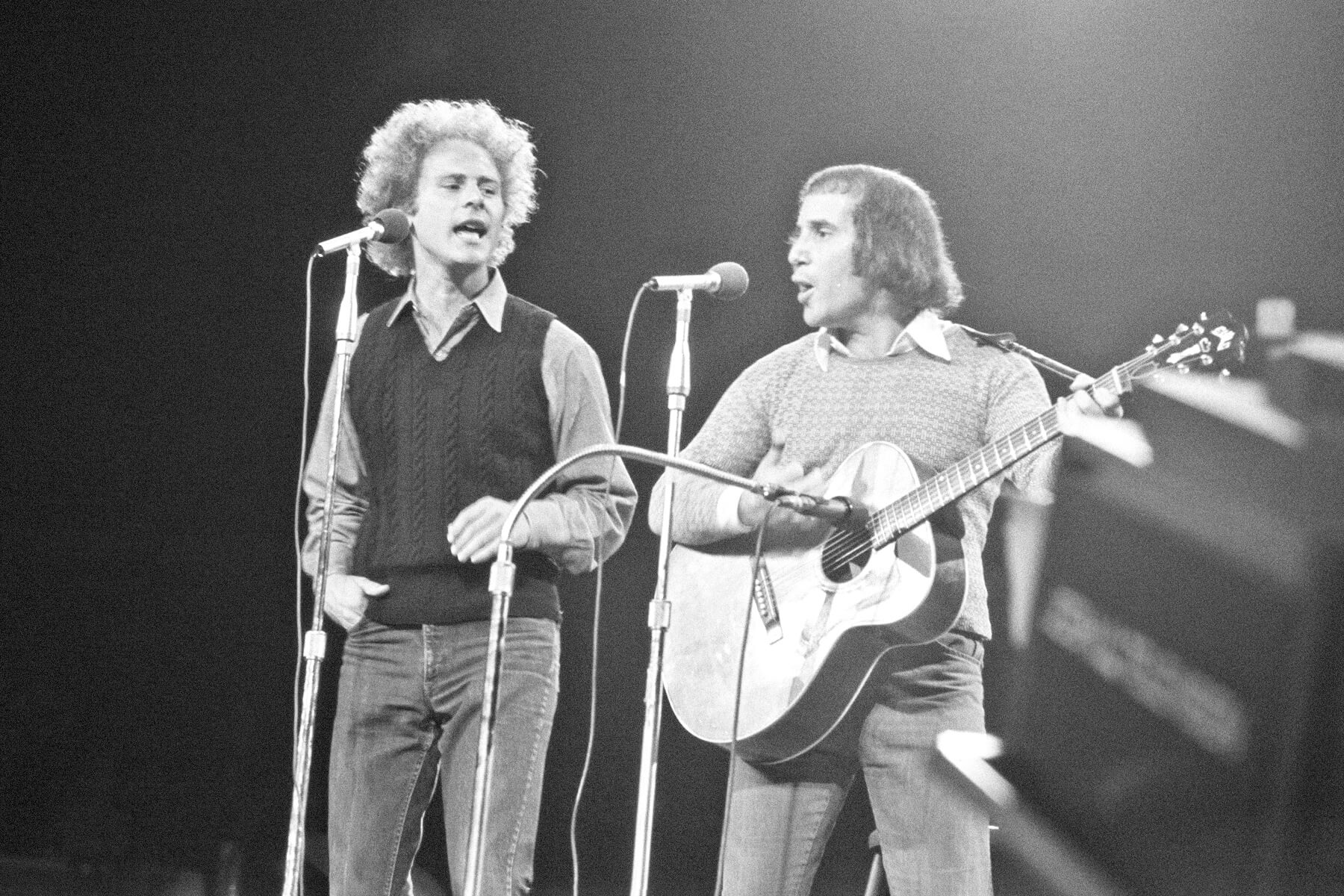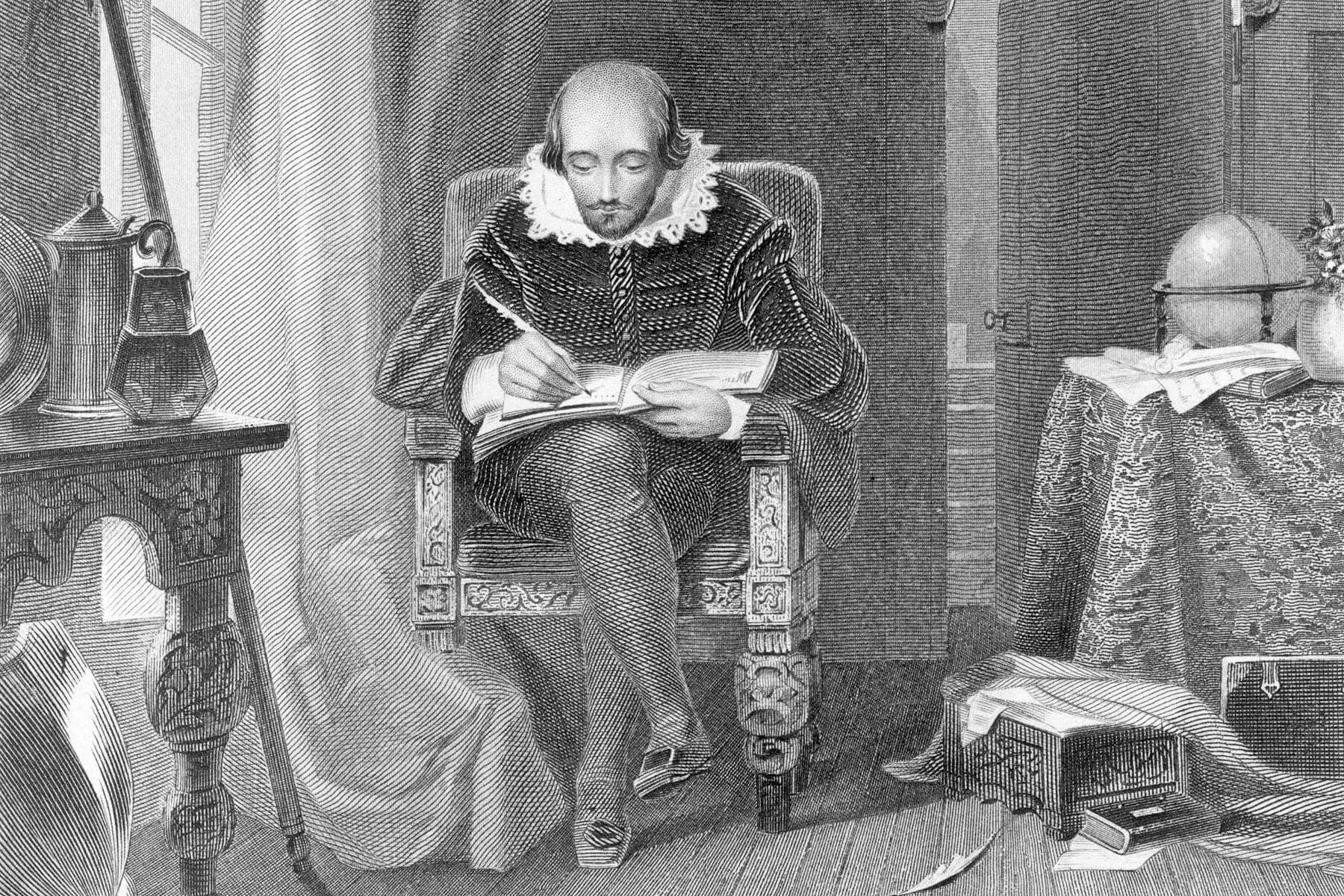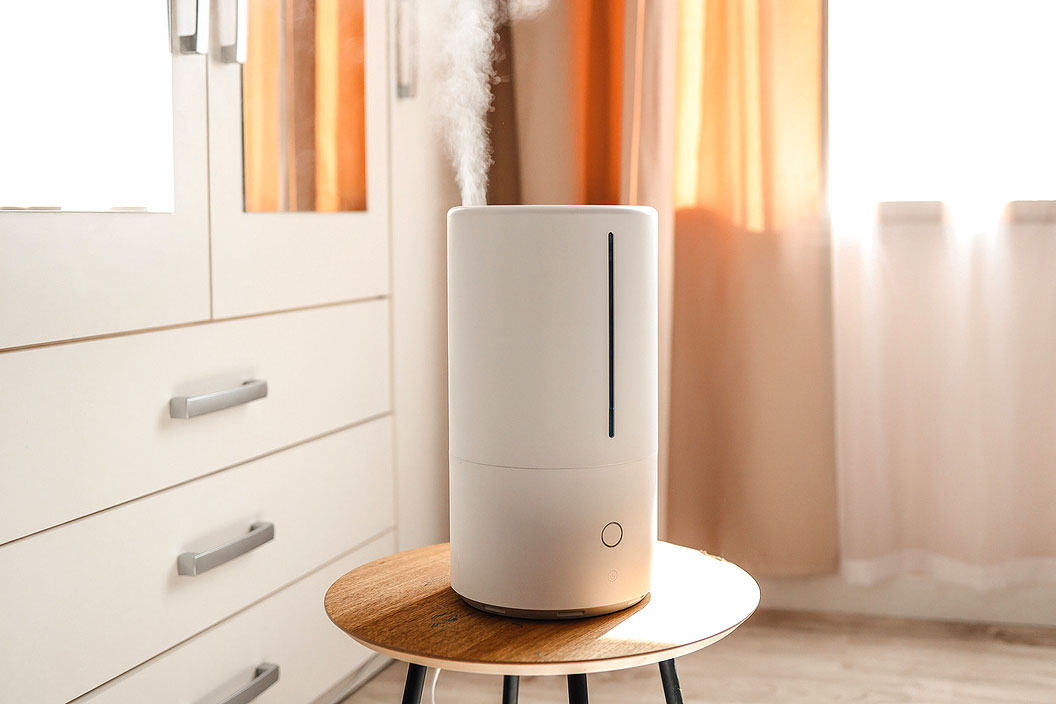During the reign of Henry VII, a curious job emerged to serve the king of England: the "groom of the stool," an attendant who helped with the monarch's toileting. |
| |
| |
|
 |
|
| D uring the reign of Henry VII, a curious job emerged to serve the king of England: the "groom of the stool," an attendant who helped with the monarch's toileting. The "stool" in the title refers not to excrement, but to the "close stool," a luxurious portable toilet that followed the king during his travels. One close stool made for Henry VIII in 1546 was trimmed in ribbon and gilt nails, and came with a leather carrying case. |
|
|
| The groom was in charge of the close stool and monitoring the king's bathroom habits, and may have even helped clean the royal bottom afterward. But it wasn't considered a menial job — it was a prestigious position held by men of influence. Perhaps due to the intimate nature of the gig, the groom of the stool was a close royal adviser, too. Henry VII's longtime groom Hugh Denys eventually became the king's personal treasurer. Henry VIII's first groom, William Compton, handled many of his personal affairs from the get-go, including arranging romantic encounters. (He eventually became fabulously rich.) Henry VIII's final groom, Arthur Denny, even controlled his signature stamp. |
|
| The last known groom of the stool, at least by that name, was Michael Stanhope, who worked under King Edward VI in the 16th century. The office lapsed during the reign of two female monarchs, Queen Mary and the last Tudor monarch, Queen Elizabeth I, who both had their own set of domestic staff. During the reign of the Stuarts, starting in the early 17th century, the title changed to the more polite "groom of the stole," referring to dressing the king rather than doing his dirty work. King Edward VII eliminated the position entirely when he ascended to the throne in 1901. |
|
 |  |
|
|
 |
|
| |
|
| Grooms of the stool who served Henry VIII | | | 4 |
| | | Tudor monarchs (including Lady Jane Grey, who ruled for just nine days) | | | 6 |
| | | Tudor monarchs (including Lady Jane Grey, who ruled for just nine days) | | | 6 |
|
|
|
| | | | Bathrooms in Buckingham Palace | | | 78 |
| | | Bathrooms in Buckingham Palace | | | 78 |
|
|
|
 |
|
 | | Did you know? |
|
|
Shakespeare was not above toilet humor. |
|
| Don't let the dense verse fool you: Shakespeare loved a potty joke. In The Comedy of Errors, for example, Dromio of Ephesus delivers this line about flatulence: "A man may break a word with you, sir, and words are but wind / Ay, and break it in your face, so he break it not behind." The Bard even made a couple of jokes about close stools specifically, such as in All's Well That Ends Well, when Parolles requests that the clown deliver a letter. "Foh! prithee, stand away," the clown responds, "a paper from fortune's close-stool to give to a nobleman!" |
|


Lainnya dari



















0 comments:
Post a Comment